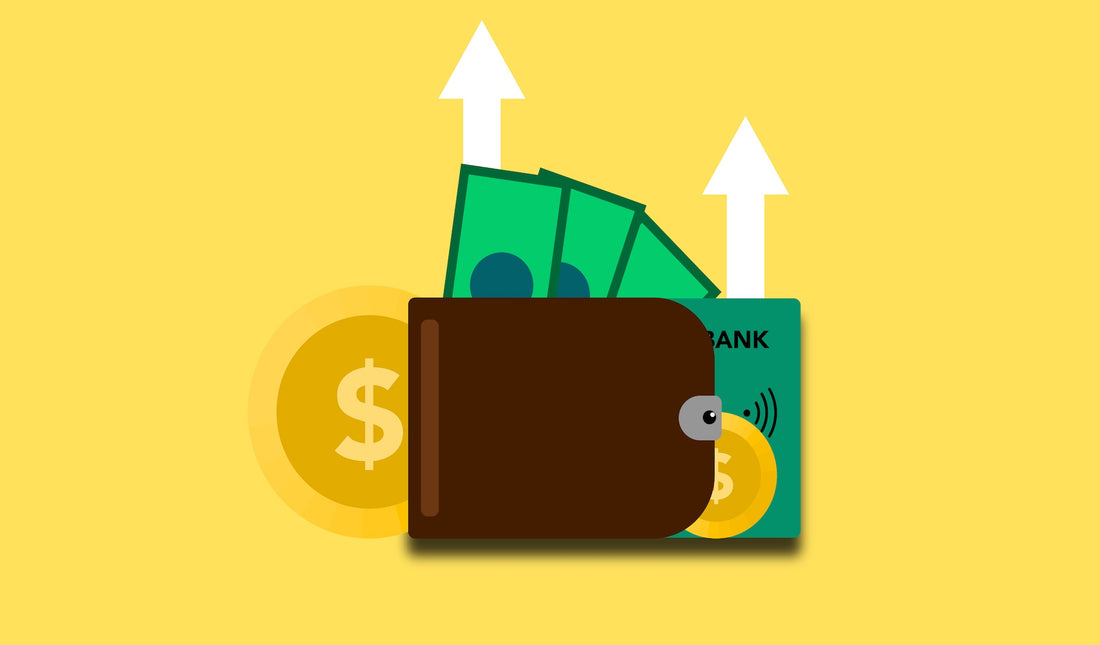Financial freedom, or financial independence, is a multifaceted concept that extends beyond mere definitions. It encompasses a state of living where one's income is sufficient to accommodate life's expenses without being enslaved by the 9-to-5 grind or financial uncertainty.
Achieving financial freedom means controlling your finances to the point where monetary constraints no longer limit financial choices. It's about generating sustainable cash flow that covers your lifestyle and provides stability and security, regardless of whether you continue to work.
Defining Financial Freedom
There's not a "one-size-fits-all" definition when it comes to financial freedom because it fundamentally depends on your perception of a fulfilled and abundant life. Individuals might interpret it differently, depending on their lifestyles, priorities, dreams, and financial situation.
For some, financial freedom might mean a state where they no longer need to worry about making ends meet or are free from the weight of debt. For others, it might be having the capacity to make independent lifestyle choices, such as traveling the world without worrying about paycheck continuity, funding their children's education, or retiring early.
To simplify and universalize the concept, we can define financial freedom as a situation where your investments provide an income that's at least equal to your expenses. You can do what you want with time because your financial resources continue to expand, even without dedicatedly working or adding value.
Factors That Influence Financial Freedom
Several crucial factors come into play when we talk about achieving financial freedom. Passive income, savings, debt reduction, and investment are four pillars of achieving this coveted state.
Firstly, passive income – money earned without actively working – provides a solid foundation. This passive income can come from real estate rentals, interest, dividends, or side businesses.
Secondly, savings are like the defensive line in financial freedom. An emergency fund is a safety net covering 3-6 months’ living expenses, supporting you during life’s unexpected turns.
Thirdly, it’s essential to reduce and eliminate debt, as it can be the most significant barrier to financial freedom. Being debt-free allows you to unload the burdensome weight of interest payments and frees up more of your income.
Lastly, Investment is the lifeblood of financial independence. Proper financial investments can grow your wealth exponentially and provide a stable income for the future.
Financial Freedom and Its Impact on Life
Financial freedom empowers people to spend their time as they wish, contributing to mental peace and happiness. It provides an unmatched sense of security and reduces stress linked to monetary worries, improving life quality.
Financial freedom often requires a mind shift and conscious decision-making regarding income, spending, and investments. It demands discipline, financial education, and strategic planning.
In Conclusion
To sum up, the journey to financial freedom is a personal one, different for every individual. The definition of financial freedom diverges based on personal aspirations, lifestyle choices, and financial circumstances. In essence, however, it refers to maintaining a desired lifestyle without the acute necessity to work. The tools for achieving this freedom include savings, generating passive income, strategic investments, and debt elimination.
Achieving financial freedom is not a dream but a well-calculated goal that can be reached with determination, discipline, and deliberation. Therefore, understanding one's financial situation, financial planning, goal setting, and continuous learning remain the critical steps toward financial freedom. As the old proverb says, 'Money can't buy happiness,' but achieving financial independence can indeed provide the peace, security, and freedom to pursue one's happiness.

